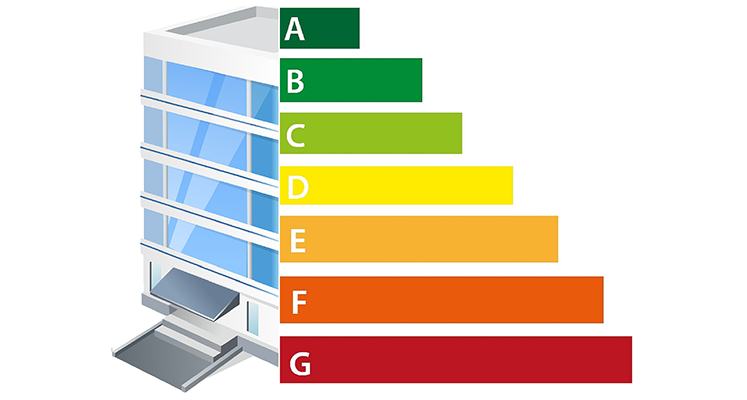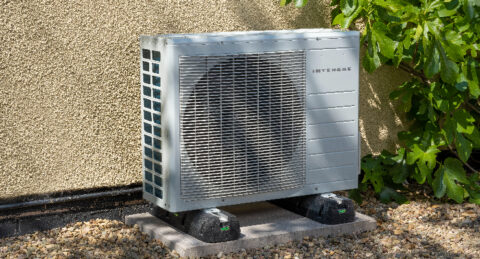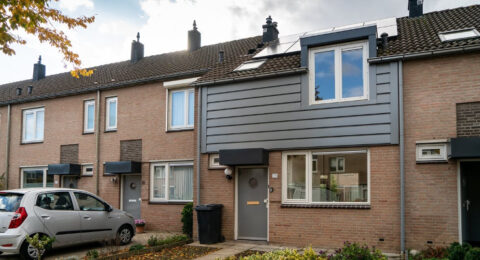Non-sustainable office buildings have fallen sharply in price. The difference in average selling price between more and less sustainable offices has increased by nearly 20 percent since it was made mandatory for commercial buildings to have an energy label C or better. This is according to research by the platform for economists, ESB.
Especially for office buildings with an energy label G - the so-called "brown" buildings that clearly do not meet the requirements - real estate investors have significantly less investment interest. This is the conclusion of researchers at Maastricht University in a study recently published in the economics journal ESB. According to real estate professors Piet Eichholtz and Nils Kok, along with PhD student Xudong Sun, the price per square meter for offices with label G (the worst energy performance) has dropped nearly 40 percent since 2018.
In that year, the government announced that all commercial buildings will be required to be labeled C or better as of Jan. 1, 2023. Buildings that do not meet this requirement risk fines or even a ban on use. Despite this, tens of thousands of buildings still do not meet these requirements.
No energy label
At the end of 2022, the Rijksdienst voor Ondernemend Nederland (RVO) counted 257 thousand commercial buildings with an energy label, of which 57 thousand still did not have energy label C or better. Of the 92 thousand office buildings in this group, more than 20 thousand did not meet the required standard. In the case of the "worst" commercial buildings, the label often does not reach beyond G, the lowest label.
In addition, there are still countless buildings without an energy label, whose energy performance is therefore unknown. According to the researchers, at the end of 2022, about 38 thousand office buildings still lacked an energy performance certificate.
The researchers criticize the inadequate enforcement of sustainability standards by municipalities. They advocate closing down these buildings when violated, in the hope that tenants' demand for inefficient buildings will further decrease. This will also encourage owners to significantly improve the energy efficiency of their properties.
Support
The researchers note that owners who increase sustainability often take large steps. They do not limit themselves to just label C, but immediately strive for label A. A factor here may be that sustainability requirements may be tightened even further, even to label A. Building owners are also supported by the government, with subsidies for insulation and tax breaks for sustainability.
For owners who are negligent, researchers warn. For real estate loans, there are increasingly stringent requirements for the energy performance of the collateral. Thus, sustainability no longer seems to be a luxury, but an absolute necessity.











